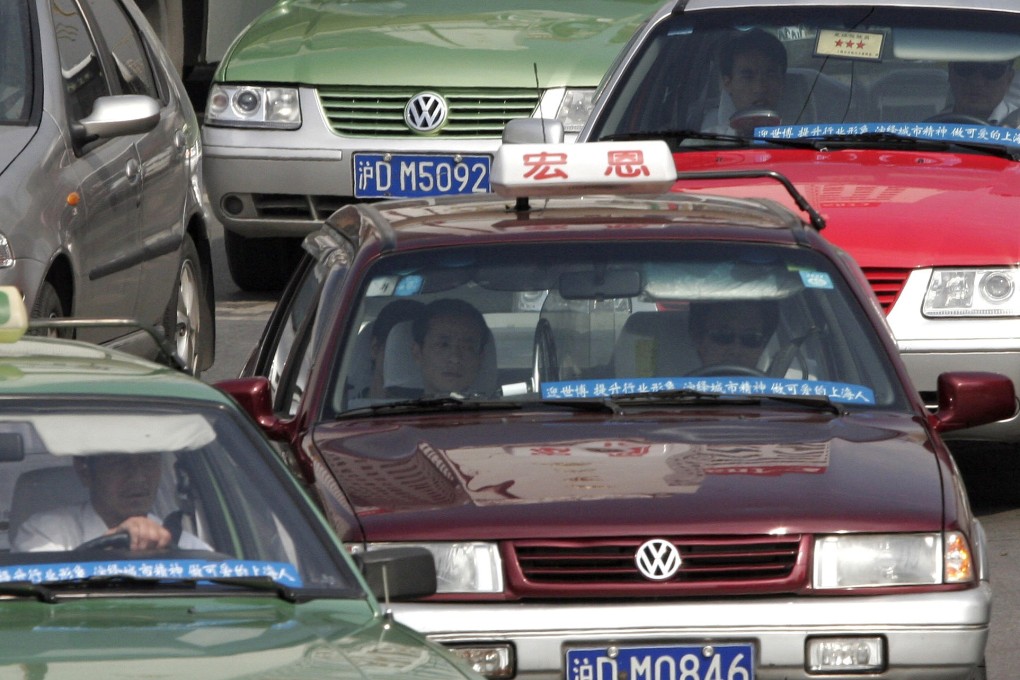Mr. Shangkong | Greedy Shanghai taxi drivers show the 'evil' side of new technology
Taxi-booking apps offering bonuses to drivers illustrate how technology can have a detrimental impact on society, especially the elderly

Google once had an informal corporate motto - "Don't be evil" - a sentiment often shared by many other technology firms around the world.
Technology itself can't be evil if we see it purely from a scientific perspective, but how we make use of it can be a very different story.
Take the example of a new technology that has already had a big impact on daily life on the mainland.
Last week, Shanghai's municipal government issued an order forbidding taxi drivers from accepting reservations through smartphone-powered taxi-booking apps between 7.30am and 9.30am, and 4.30pm and 6.30pm - rush hours when many want to catch a taxi ride.
In my view, the Shanghai government did the right thing. Some may argue the move went against "free economy and competition" but you have to look into the ugly details of how much inconvenience and trouble those taxi-booking apps have caused, especially to the city's elderly, who deserve better care and should not be ignored just because they were unaware of the new technology, unlike the young.
Those who don't use taxi booking apps find it extremely difficult to hail a taxi on the street
There were many accounts and complaints about how elderly people in Shanghai felt completely lost when they tried to hail a taxi on the street because many taxi drivers just refused to pick up customers who didn't use taxi-booking apps and would only pay normal fares.
